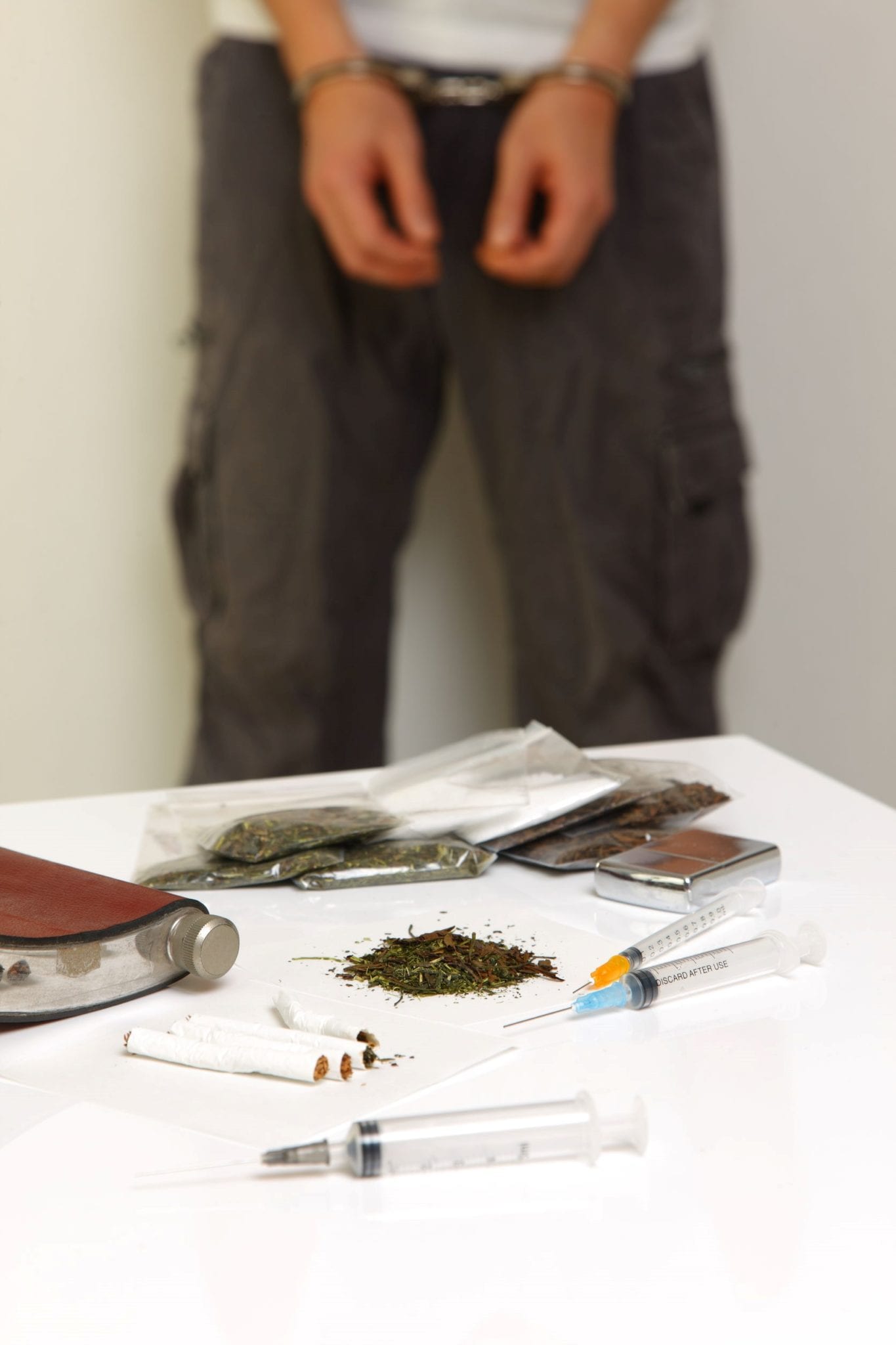It is estimated that more than 1,100 people die from unintentional drug overdose every year in North Carolina alone. Nationwide, overdose deaths have exceeded car accidents as the principal cause of accidental fatalities.
Over the last decade, drug overdoses have also increased because of the rising rates of prescription painkiller abuse. Fatalities caused by prescription painkillers are often avoidable, since it can take hours for an overdose to become fatal. If medical attention is obtained, prescription overdose could be prevented through resuscitation.
Unfortunately, people who witness or experience a drug overdose do not seek medical attention because they are afraid of getting in trouble for drug or alcohol crimes. For this reason, countless individuals die needlessly because of alcohol poisoning and overdose from prescription painkillers and illicit drugs.
Seeking to address this devastating problem in our state, North Carolina legislature passed an overdose prevention law in April, 2013. The Good Samaritan/Naloxone Access law states that anyone who is experiencing or witnesses a drug overdose may seek help without fear of being prosecuted for possession of small amounts of drugs or paraphernalia. Additionally, an underage drinker who seeks medical help for another will not be prosecuted by law enforcement or campus authorities.
The law also removes liability for medical professionals who prescribe naloxone, an antidote to opium overdose, and bystanders who administer naloxone to anyone suffering an overdose. In addition, the law allows nurses and community groups to distribute naloxone to people who are at risk of having an opioid-related overdose. Doctors can prescribe this medication to a family member or friend of a person who is at risk of overdose, even if that individual is not their patient.
By passing the law, state officials hope to prevent fear of criminal repercussions from stopping people from getting help for a victim of overdose or alcohol poisoning.
The Good Samaritan Law Is Not a Get-Out-of-Jail-Free Card
The Good Samaritan Law may be able to play a huge part in reducing drug and alcohol overdose deaths in our state. It’s incredibly important to be aware of this law, and never let fear of getting in trouble keep you from calling 911 to summon help if someone is experiencing an overdose.
However, it’s also important to understand the limitations of this law. North Carolina’s Good Samaritan Law only offers immunity from low-level substance abuse crimes, such as possession of small amounts of drugs or paraphernalia. Under the law’s provisions, you will generally only be immune from prosecution if certain conditions exist, such as:
- There is a reasonable belief that someone is experiencing an overdose.
- You report the overdose to the appropriate authority, such as an officer of the law, 911 operator, or medical professional.
- You remain on the scene until help comes.
- You cooperate with law officers and medical professionals.
- Your low-level drug offense arose out of the same course of events as the overdose incident.
Good Samaritan drug overdose laws will not provide immunity from serious drug crimes, such as:
Distribution of a controlled substance. This includes distributing, selling, or conspiring to distribute or sell illicit or prescription drugs.
Manufacturing of a controlled substance. In North Carolina, it is illegal to manufacture or grow illicit drugs, including methamphetamines and synthetic drugs. If you are found involved in any step of the manufacturing process, you may not be protected under Good Samaritan immunity provisions and face criminal charges.
Prescription fraud. You may face drug crime charges if you are found forging or filing prescriptions without authorization.
Drug trafficking. In North Carolina, you may face drug trafficking charges if you are found in possession of a certain amount of a controlled substance. For example, if you are found in possession of more than 28 grams of cocaine, or more than four grams of heroin, you may be charged with drug trafficking, even if you had no intention of distribution these substances.
As experienced criminal defense attorneys, we urge you to seek medical attention immediately if you or someone you know is experiencing an overdose—regardless of the circumstances. Saving your own life or the life of another should always be a priority over avoiding criminal complications.
And if you do find yourself in trouble with the law after seeking medical assistance for a drug overdose, contact a skilled North Carolina drug crimes attorney. An attorney can help you understand your charges and explain your options, and fight to defend your right to protect human life and prevent unnecessary overdoses.
About the Author
Attorney Mike Schlosser represents victims of personal injury, those charged with a crime, as well as those facing traffic charges. A former Guilford County, North Carolina District Attorney, Schlosser has been in private practice at the Law Firm of Schlosser & Pritchett since 1983 and has been a member of the North Carolina State Bar since 1973.










